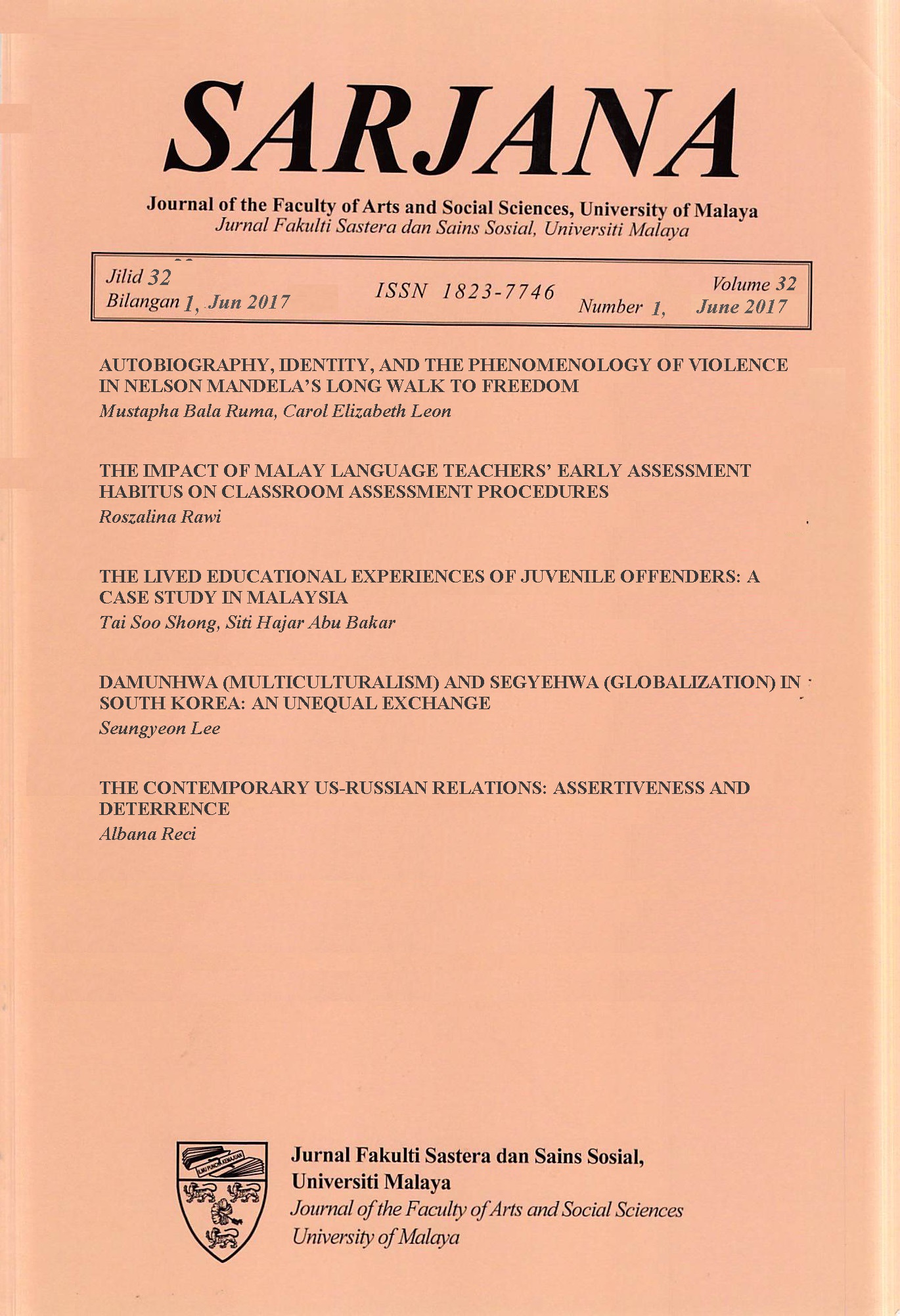THE CONTEMPORARY US-RUSSIAN RELATIONS: ASSERTIVENESS AND DETERRENCE
Keywords:
US-Russian relations, assertiveness, deterrence, realism, geopolitical borderAbstract
The present US-Russian bilateral relations demonstrate change and continuity of their geopolitical responses to the different events in international affairs. Some of these events involve certain geopolitical borders which have become the global hotspots for the US and Russian geopolitical interests. Assertiveness is a feature of great powers’ conduct in world affairs and in terms of the US-Russian assertiveness, it contributes to equilibrium or disequilibrium, stability or instability of the international system. The central argument in this article is that there are new geopolitical borders that have triggered a renewed and determined assertiveness between the US and Russia. Secondly, these two important major powers stand in an unclear stance between the determination to defend its status and its proxies and the will to find common ground in order to avoid an escalation of tension towards each other. To pursue the path of diplomacy and avoid a direct confrontation or escalation of tension, the US and Russia are pursuing geopolitical alignments that serve their strategic designs through assertiveness and complex deterrence approaches.







